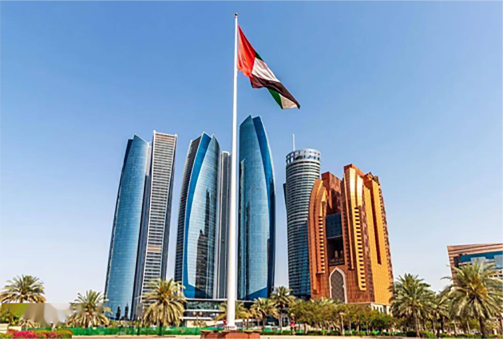Ownership
Free Zone: 100% foreign ownership permitted, no local partner required
Mainland: 100% ownership available but requires local partner in certain sectors
Business Scope
Free Zone: Limited to free zone operations and international trade
Mainland: Full access to UAE local market and global operations
Labor Regulations
Free Zone: Flexible employment policies
Mainland: Must comply with federal labor laws
Registration Process
Free Zone: Streamlined one-stop registration
Mainland: Multi-department government approvals required
Cost Structure
Free Zone: Lower operational costs with tax benefits
Mainland: Higher tax and administrative expenses
Market Access
Free Zone: Local market access requires agent partnership
Mainland: Direct access to government contracts and local tenders







They can engage in various activities, including trade, services, manufacturing, etc., but specific permits are required.
Real estate investment in the UAE comes with the following risks and coping strategies:
Market Volatility Risk: The UAE real estate market is influenced by global economic conditions, oil price fluctuations, and geopolitical factors. For example, the 2014 oil price drop led to a temporary downturn in the UAE property market.
Project Delay or Abandonment Risk: Many investors opt for off-plan properties, but developers may face funding or construction issues, leading to delayed delivery or even project abandonment.
Legal and Policy Risk: While current policies are foreign-investor-friendly, future adjustments—such as changes to foreign ownership restrictions—could impact the market and investors.
Market Competition Risk: Popular investment areas and projects face intense competition, potentially resulting in overpricing or difficulty securing high-quality projects.
Funding Risk: Property investments require substantial capital. Funding chain disruptions—such as inability to pay installments or cover maintenance costs—may lead to investment failure.
In-Depth Market Research: Monitor global economic trends, UAE macroeconomic data, oil prices, and local property supply-demand dynamics. Regularly review authoritative economic and real estate reports to understand market trends.
Choose Reputable Developers: Evaluate developers' background, credibility, financial strength, and past project performance. Prioritize large, well-known developers with strong track records, such as Emaar.
Stay Updated on Policies: Maintain close contact with local lawyers and real estate professionals to track regulatory changes and ensure compliance. Always have contracts reviewed by legal experts before signing.
Assess Competition: Before investing, evaluate competition levels in target areas and projects. Set realistic budgets and strategies, avoiding impulsive decisions based on hype.
Plan Finances Wisely: Create detailed financial plans to cover down payments, loan interest, and maintenance costs. Manage leverage prudently to avoid excessive debt.
When registering a company in the UAE, you can choose between a Ministry of Economy or a Free Zone Company, depending on whether you have a physical office, business scope, and customer base. If the company will operate locally and sell products to locals, it is recommended to set up a Ministry of Economy Company; if you do re-export business or open a local bank account, it is recommended to set up a Free Zone Company. (Provided by Adam)
When establishing a subsidiary company in Dubai, it can be done by an individual or a corporate shareholder. Registering as an individual requires relatively fewer documents and is faster. However, setting up a Dubai company under a corporate shareholder requires notarization and authentication of the parent company's documents and authorization letters, as well as MOFA attestation in the UAE. The notarization process is costly and time-consuming. Only after completing the required document notarization and authentication can the Dubai company establishment proceed. If a Chinese parent company is establishing a subsidiary in Dubai, ODI (Overseas Direct Investment) filing is also required within China to ensure compliance with outbound regulations and facilitate the repatriation of overseas funds back to the parent company in China. (Provided by Adam)

 Add WeChat
Add WeChat